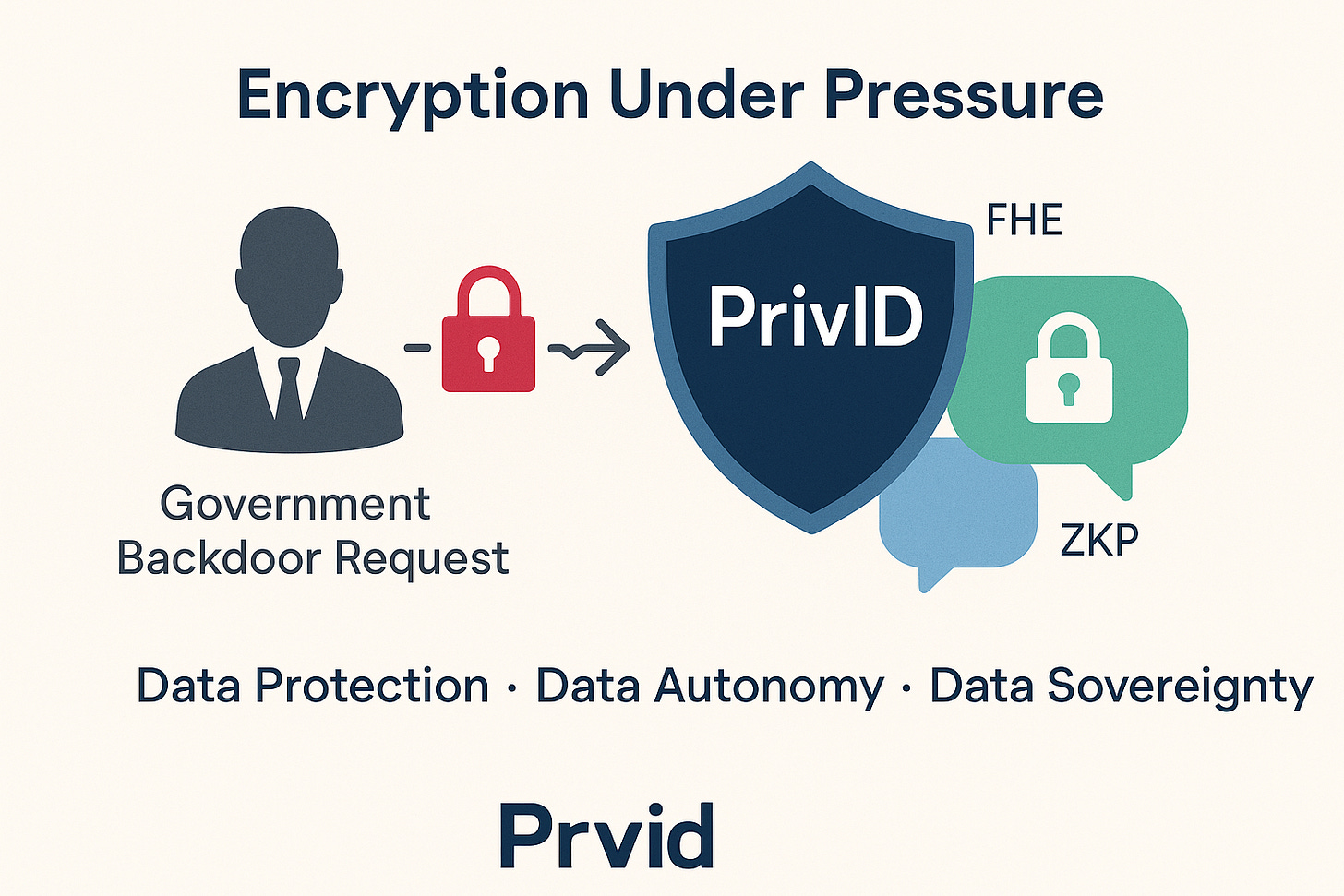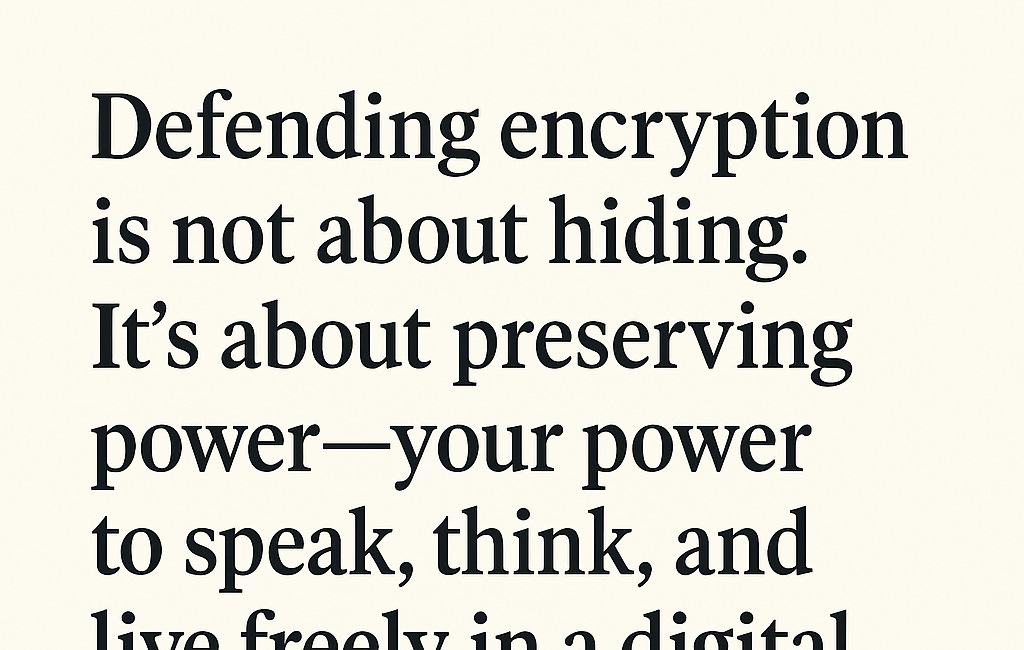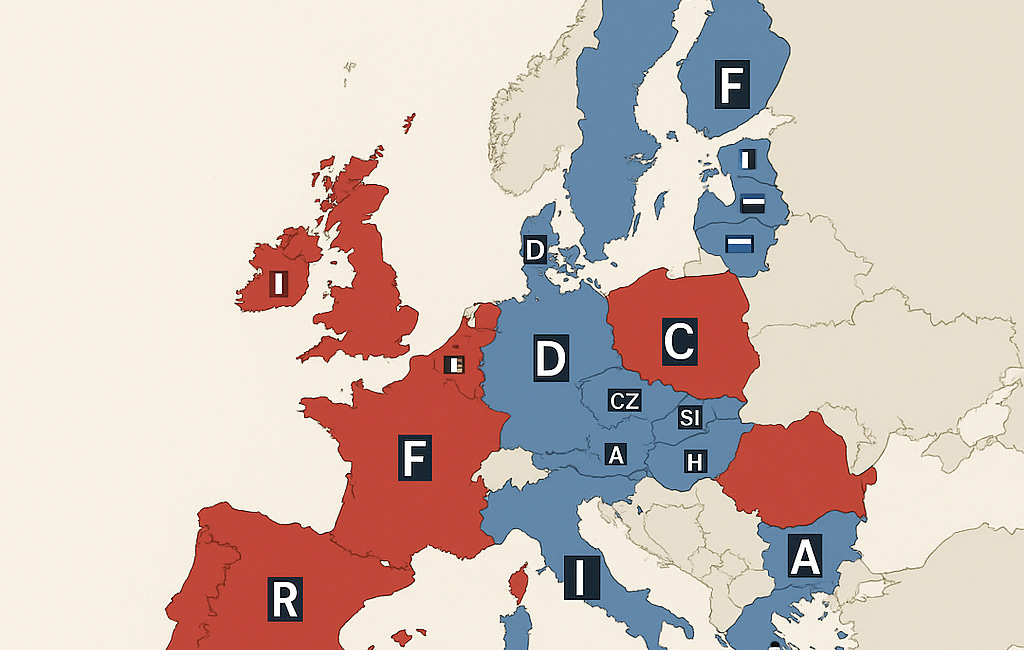TL;DR
France and Germany want backdoors into encrypted messaging apps for law enforcement. This would create security vulnerabilities that hackers could exploit. New cryptographic technologies like FHE and ZKP offer a middle ground, allowing data analysis while keeping everything encrypted, so governments can meet regulatory needs without compromising everyone's digital security.
European governments are drawing battle lines over encrypted messaging. France and Germany are leading the charge, demanding "lawful access" to platforms like Signal and WhatsApp. Translation: they want backdoors into your private conversations.
The debate usually gets framed as an either-or: either governments get access or they don't. But innovative cryptography is changing this equation entirely
The Return of Lawful Access: Why the EU’s Encryption Roadmap Is a Trojan Horse
On April 1st, the European Commission released its five-year internal security strategy, ProtectEU. Buried among its various goals — from fighting terrorism to improving border control — lies a quiet but deeply troubling initiative: a “Technology Roadmap on Encryption.”
This issue goes far beyond tech policy, it goes to the heart of digital privacy, cybersecurity, and who controls our data in a highly connected, and interconnected, world.
Why Backdoors Are a Dangerous Game
Think of encryption like a bank vault. Government officials argue they need a master key to open it when investigating crimes. The problem? Any key that works for law enforcement also works for hackers, foreign spies, and cybercriminals.
Security experts have warned about this for decades. Create one weakness, and you've created a vulnerability that can be exploited by anyone clever enough to find it. The mathematics of encryption doesn't distinguish between "good guys" and "bad guys."
The Quiet Push for Encryption Backdoors in the EU — And Who’s Fighting It
TL;DR: Several EU countries are quietly pushing to weaken encryption through laws like the CSA Regulation, which mandates client-side scanning. France, Ireland, and Belgium lead the charge for backdoors, while Germany, Austria, the Netherlands, Finland, and the Czech Republic resist. The fight over encryption is now playing out through obscure Council votes and vague “lawful access” language. What looks like child protection on paper risks becoming mass surveillance in practice. Czechia, where I’m relocating, remains cautiously privacy-aligned—for now.
For businesses handling sensitive customer data and citizens communicating about everything from medical conditions to political dissent, this represents an existential threat to digital security.
A Path Forward Without Compromise
The debate usually gets framed as an either-or: either governments get access or they don't. But innovative cryptography. like PrivID’s, is changing this equation.
PrivID's approach shows how organisations can thread this needle using two breakthrough technologies working in tandem. FHE allows computations to be performed on data while it stays encrypted, imagine being able to analyse information without ever seeing what it actually says. ZKP enables verification of claims without revealing the underlying data.
Here's what this means:
Complete Data Protection: Your messages and personal information stay encrypted even when being processed or analysed, making unauthorised access virtually impossible.
User Control: Instead of hoping platform providers or governments will protect your data, you maintain direct control over who can access your information.
Local Jurisdiction: European organisations can keep data within EU borders and under EU law, addressing sovereignty concerns without exposing citizens to foreign surveillance.
Enhanced Security: These advanced cryptographic methods actually reduce vulnerabilities rather than creating new ones, even when regulatory pressure mounts.
Turning Crisis into Opportunity
Rather than viewing regulatory demands as an insurmountable obstacle, forward-thinking platforms can use this moment to build something better. Organisations that integrate advanced cryptographic protections can provide individuals demand for privacy and regulators wanting compliance.
This isn't about finding clever loopholes or temporary fixes. It's about fundamentally rethinking how we architect secure communications to meet everyone's legitimate needs.
The Bigger Picture
Europe's encryption debate is more than a policy dispute, it's a stress test for values in the digital age. Can we build systems that protect individual privacy while enabling legitimate governance? Can we maintain security without sacrificing the freedom?
The answer seems to be yes, but only if we're willing to invest in solutions that are more sophisticated than simple backdoors.
What This Means for You
Government pressure for encryption access isn't going away. Neither is the need for genuine privacy and security in our digital lives. Organisations and individuals don't have to choose between compliance and protection, but they do need to choose solutions built for this new reality.





